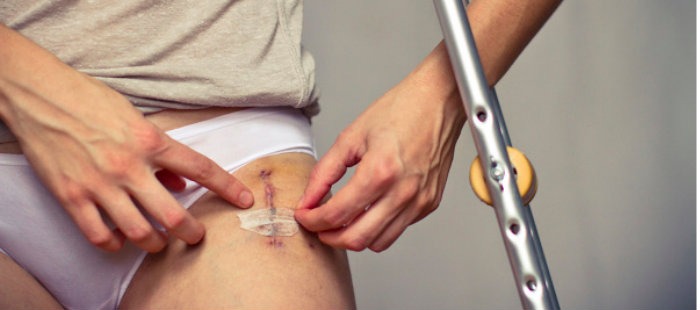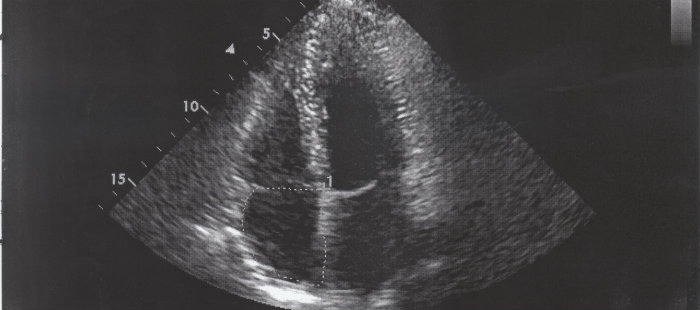How would "lazy" apply to the person who has already jumped right in? I only ever hear committed practitioners and teachers quoting it. To me it smacks of an in-group encourashame. I.e., you can be young, old, sick, weak when you start, and as you continue. But once you’ve committed to the system, you really don’t want to be lazy. It sounds like it could be a joke meant to stiffen the resolve of people in doubt.
In my work on injuries, I'm very interested in the lag time between when a person first suspects that something is too intense or painful for them in practice, and when they actually stop or alter practice. In between those two points comes a litany of things they are told and learn to tell themselves -- "pain is an opening", "practice requires commitment" etc. -- about the necessity of continuing. It's also in this period that repetitive strain can evolve into chronic injury.



